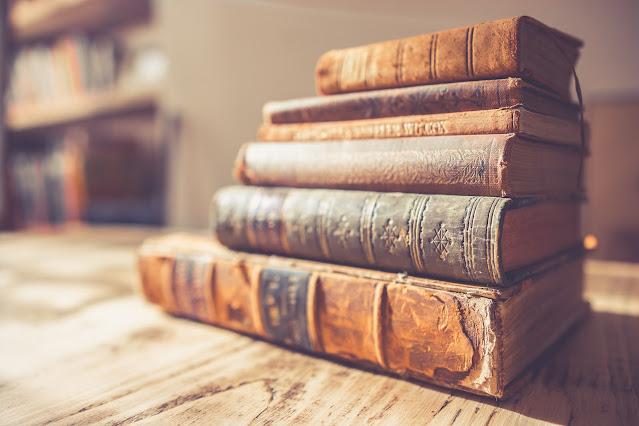
History is not just a collection of dates and events; it is the story of humanity's journey through time. It shapes our present and guides our future by teaching us valuable lessons from the past. Yet, in recent years, the significance of history lessons in schools has been debated. Some argue that history is a relic of the past, with little relevance to the modern world. However, a private school in Surrey explores why history lessons remain a vital component of a well-rounded education below.
Understanding Our Roots
History is the foundation upon which our present stands. To understand who we are and where we come from, we must delve into our past. History lessons enable students to connect with their cultural, national, and global identities. Learning about the struggles, triumphs, and contributions of their ancestors fosters a sense of pride and belonging.
Lessons from Mistakes
"Those who cannot remember the past are condemned to repeat it." This famous quote by philosopher George Santayana highlights the importance of learning from history's mistakes. History lessons provide invaluable insights into the consequences of past actions, encouraging critical thinking and decision-making skills. Students can analyse the errors of the past to make informed choices in the present and future.
Appreciating Diversity
The study of history introduces students to diverse cultures, societies, and perspectives. It promotes tolerance and empathy by showcasing the rich tapestry of human experiences. History lessons can help break down stereotypes and prejudices, fostering a more inclusive and harmonious society.
Civic Engagement
A strong democracy relies on an informed and engaged citizenry. History lessons teach students about the development of political systems, the struggles for civil rights, and the importance of civic participation. By understanding their rights and responsibilities as citizens, students are better prepared to actively participate in their communities and uphold democratic values.
Critical Thinking and Research Skills
History is not a static field; it is constantly evolving as new research and perspectives emerge. Students who engage with history are encouraged to think critically, analyse primary sources, and evaluate historical evidence. These skills are transferable to various aspects of life, including problem-solving, research, and decision-making.
Inspiration from Heroes
History is replete with inspiring individuals who overcame adversity and made a significant impact on the world. Learning about historical figures like Martin Luther King Jr., Nelson Mandela, or Marie Curie can motivate students to strive for positive change and pursue their dreams.
Cultural Literacy
In our globalised world, cultural literacy is essential. History lessons expose students to different traditions, languages, and belief systems, fostering an appreciation for the world's diversity. This cultural awareness is crucial for navigating an interconnected world and fostering international cooperation.
History lessons in schools are not mere memorisation exercises; they are a gateway to a deeper understanding of our past, present, and future. History provides us with the knowledge, skills, and insights necessary to navigate an increasingly complex world. By studying history, students gain a greater appreciation for their roots, learn from the mistakes of the past, and become better-equipped citizens and critical thinkers. History lessons are not just about the past; they are an investment in our future.

No comments:
Post a Comment